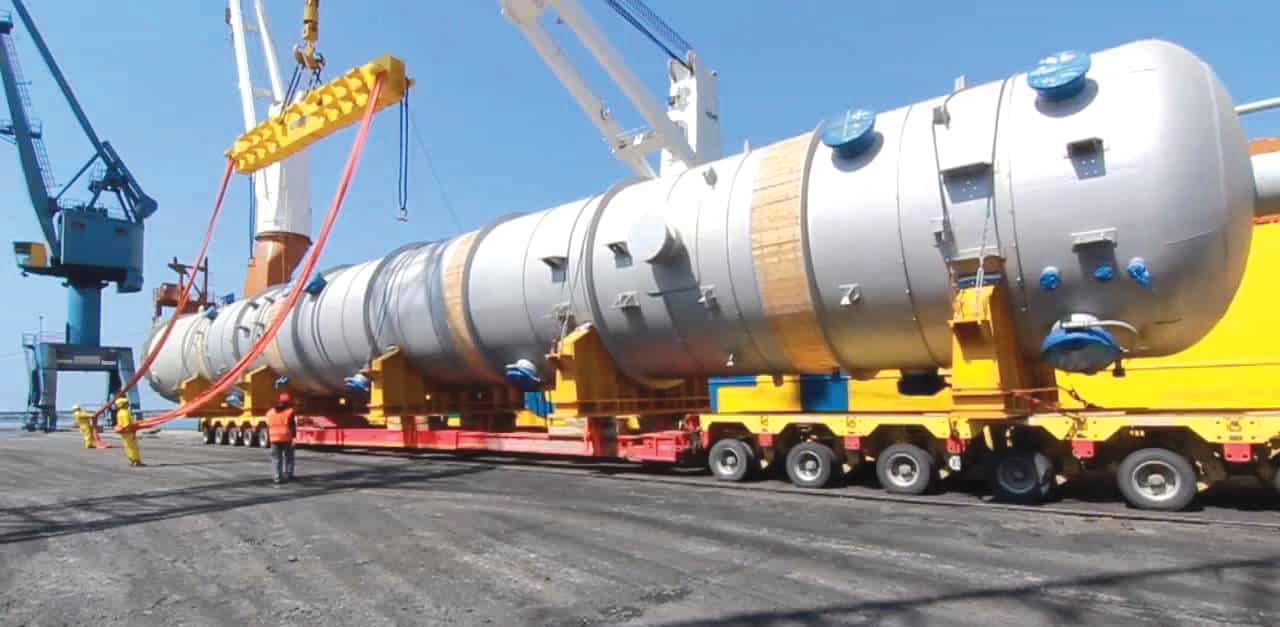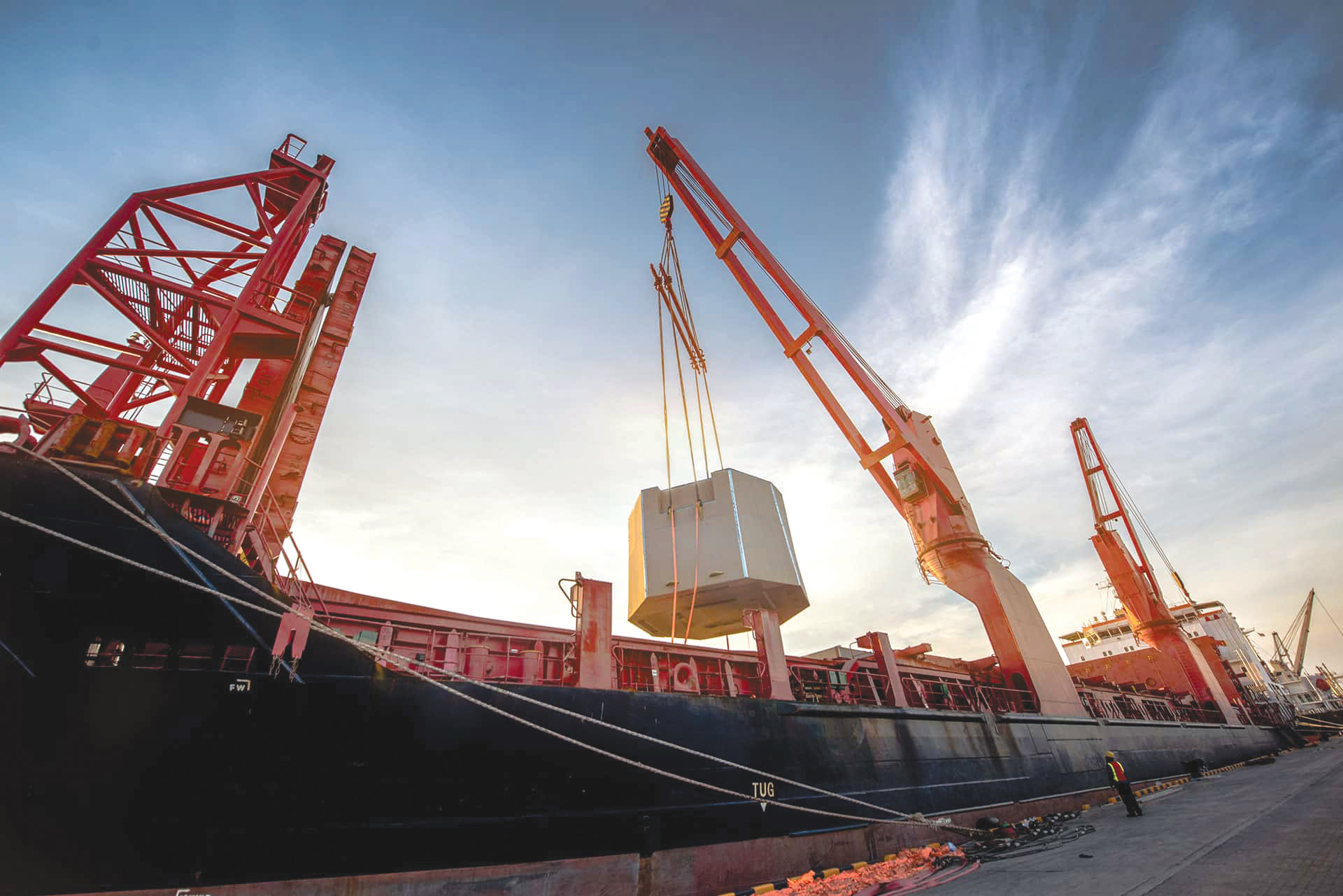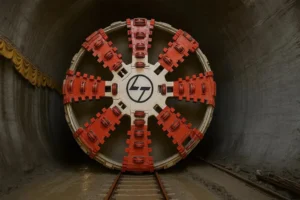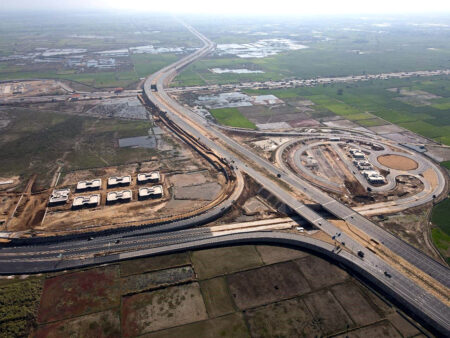Project cargo encompasses transporting large, heavy, or intricate equipment using diverse means like breakbulk, heavylift vessels, barges, floating cranes, aircraft, and specialised trailers. Widely employed in the construction, oil, gas, mining, and power sectors, project cargo demands meticulous planning. Notable shipments include moving:

These examples showcase the varied challenges and intricacies inherent in project cargo logistics.
Complexities
Project cargo demands precise planning tailored to unique specifications. Errors lead to delays and cost hikes. Size, weight, and complexity pose challenges across First Mile, Sea Transport, and Last Mile activities. Road transport manages the first and last mile, with barge options for port terminals.

Challenges include size issues, intricate logistics, long-distance complexities, tight deadlines, mode selection dilemmas, and inherent risks. Safety is paramount. Regular cargo, shipped in container vessels, bypasses these complexities. Consulting an insurance broker for specialised coverage is vital for effective risk management on project cargo.
Transformation
The project cargo industry has undergone a transformative evolution, adapting to global trade shifts, technological strides, and intricate industrial demands. Key trends include technological integrations for efficient logistics, modularization, reducing cargo size, sustainability emphasis, enhanced global collaboration, intensive risk management, specialised equipment investments, and evolving customer expectations. Real-time data sharing, predictive analytics, and eco-friendly practices redefine project cargo operations. The industry’s future aligns with efficiency, sustainability, and collaboration, compelling specialists to adapt for competitiveness and meet evolving customer demands in managing intricate global projects.
Logistics Maestros
Freight forwarders play a vital role in project cargo logistics, serving as intermediaries between shippers and transportation providers. Due to the complexity of project cargo, their indispensable expertise includes comprehensive project planning, negotiating rates, overseeing securement, managing documentation, and implementing risk management. With a proactive approach, they minimise disruptions through contingency planning.

Essential in project cargo logistics, freight forwarders bring specialised expertise, a global network, cost optimisation, a single point of contact, and risk mitigation. Their in-depth knowledge aids in handling project cargo, navigating regulations, securing competitive rates, and ensuring the efficient movement of specialised shipments, reducing the burden on shippers.
Strategizing
Choosing transportation modes for project cargo demands meticulous consideration, especially in challenging or remote areas. Factors such as cargo size, weight, accessibility, compliance, time sensitivity, contingency planning, cost optimisation, risk assessment, and environmental impact are crucial. Limited infrastructure in challenging locations heightens the importance of these considerations. Freight forwarders play a critical role in assessing factors, selecting suitable modes and routes, and implementing risk mitigation strategies.
Eco-mitigation
Project cargo significantly impacts sustainability, with large shipments generating emissions and waste. Innovations like alternative fuels, energy-efficient transportation, route optimisation, sustainable packaging, and renewable energy integration are vital for an eco-friendlier approach as project cargo demand grows, mitigating environmental impacts in the logistics industry.











